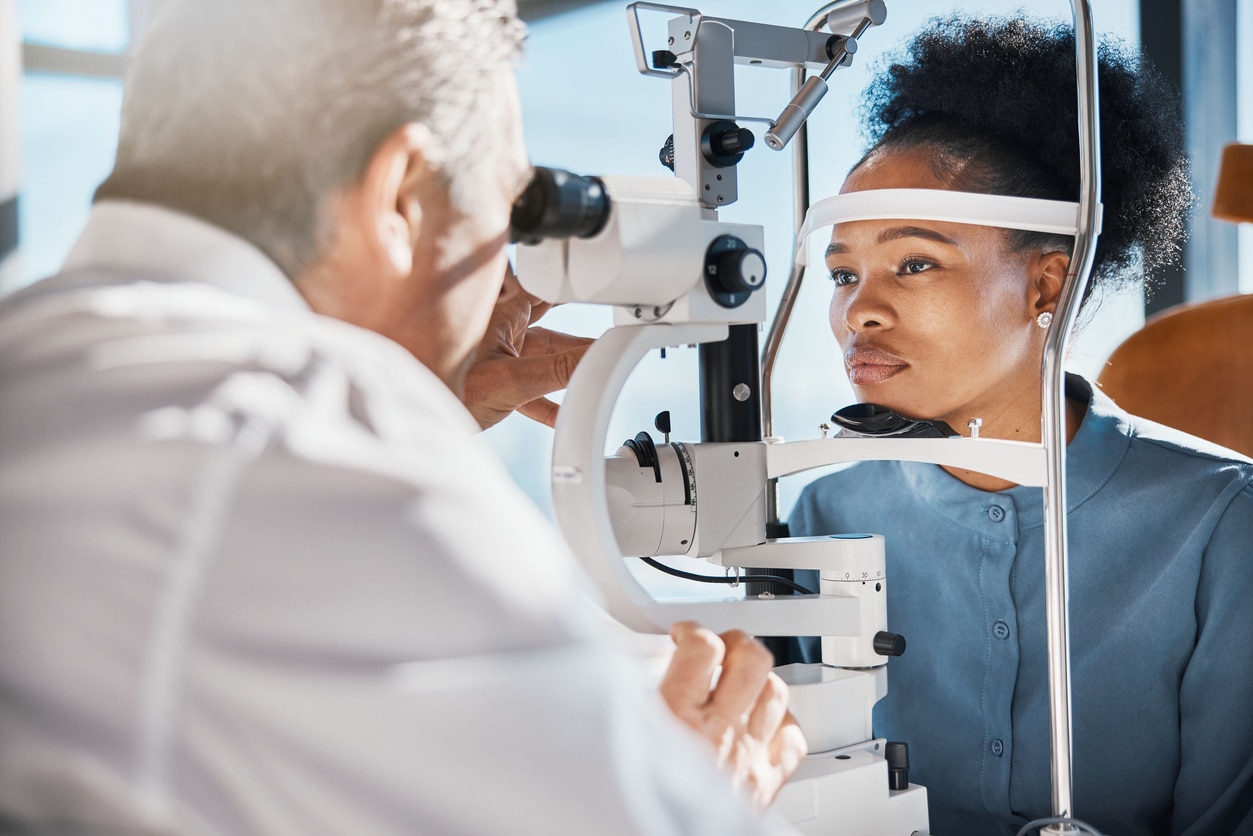All Categories
Featured
Table of Contents

Regular eye evaluations are essential for preserving great vision and identifying potential eye wellness problems early. The regularity of these exams can vary dramatically based on a person's age, way of living, and overall health and wellness. Recognizing the suggested timetable for eye examinations can help make certain that people of any ages receive appropriate treatment and tracking for their eye health and wellness.
Infants and Toddlers (0-2 Years)
For kids and infants, eye exams are vital for discovering any prospective vision troubles early on. The American Academy of Ophthalmology suggests that a youngster's first eye exam must happen at around 6 months old. Throughout this preliminary browse through, the eye care specialist will certainly assess the child's visual growth and look for any type of evident eye problems.Following this initial test, it is suggested that children have another eye exam at age 3. This go to will concentrate on analyzing the kid's overall visual function, consisting of eye alignment and the capability to track objects. If no problems are identified, the next examination ought to be arranged before the child begins school, usually around age 5 or six.
School-Aged Kids (6-18 Years)
Routine eye tests must be set up every one to 2 years as soon as kids reach college age. Vision is important for discovering and development, and several colleges conduct vision testings. These testings do not replace a comprehensive eye exam by an eye treatment professional.For kids entailed in tasks or sports calling for substantial aesthetic emphasis, annual eye examinations may be advisable. In addition, if a child displays indicators of vision issues-- such as problem checking out, scrunching up your eyes, or constant headaches-- a check out to the eye doctor should be arranged asap.
Young Person (19-39 Years)
Young person usually have less vision modifications than older age teams, but routine eye tests continue to be crucial. The general suggestion is to set up an eye test every 2 years throughout this duration. People with certain risk elements-- such as a family background of eye condition, diabetic issues, or those that put on call lenses-- need to consider yearly eye examinations.Additionally, those that spend considerable time on electronic devices may experience digital eye pressure. If signs and symptoms such as dry skin, fatigue, or obscured vision occur, it may be a good idea to see an eye treatment professional sooner.
Grownups (40-64 Years)
Grownups aged 40 to 64 should set up eye examinations every one to two years. Eye exams can also assist spot various other usual age-related problems such as glaucoma, cataracts, and macular degeneration.If individuals in this age have threat factors such as hypertension or diabetes, they might need more constant examinations to check their eye wellness closely.
Senior Citizens (65 Years and Older)
For elders, regular eye exams come to be even more critical. The American Optometric Association recommends that people aged 65 and older have an eye examination at least as soon as a year.Final thought.
Understanding the ideal schedule for eye tests based on age is essential for maintaining ideal eye health throughout life. By adhering to these guidelines and consulting with an eye treatment specialist, individuals can take proactive steps toward maintaining their vision and overall health.Latest Posts
Experience Coastal Sophistication at Deauville Inn
Published Apr 11, 25
1 min read
A Historic Shoreline Destination with Modern Thrills
Published Apr 03, 25
1 min read
Experience Coastal Elegance at Deauville Inn
Published Mar 27, 25
1 min read